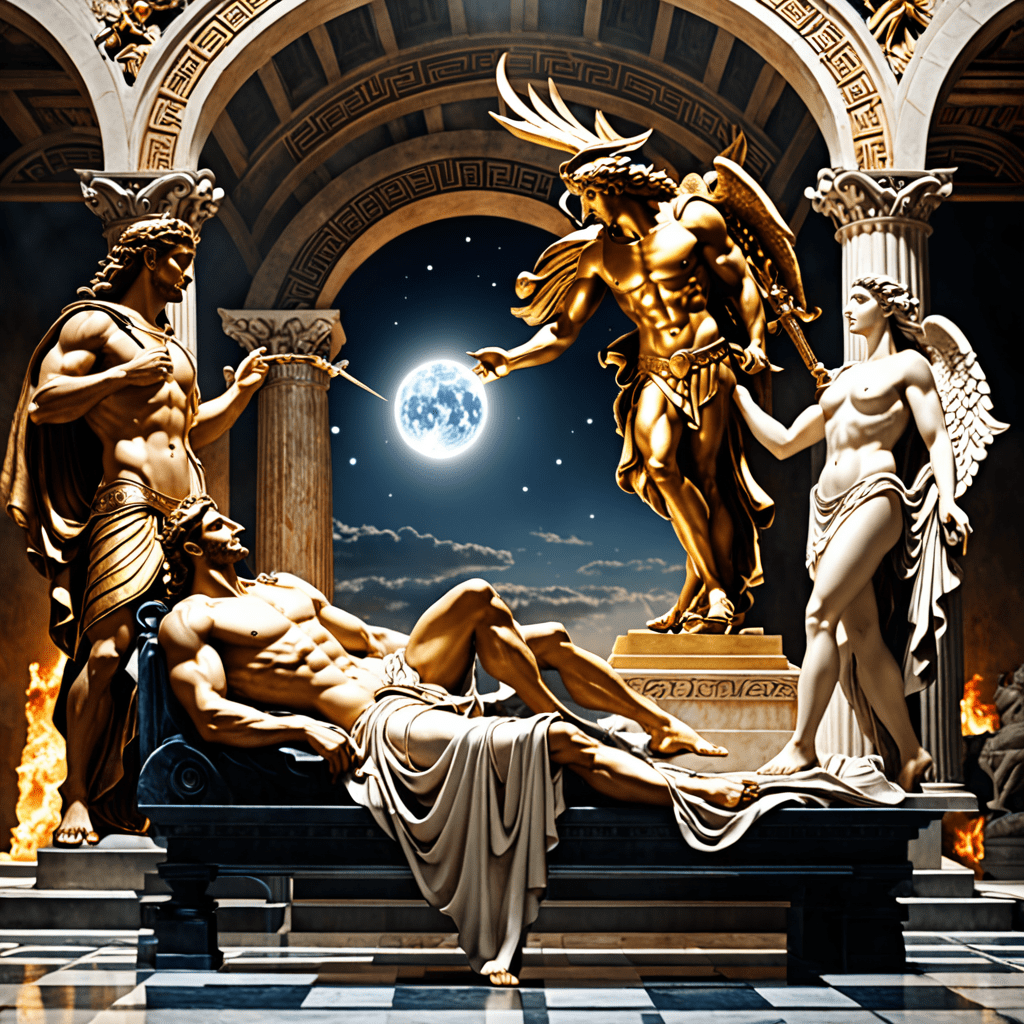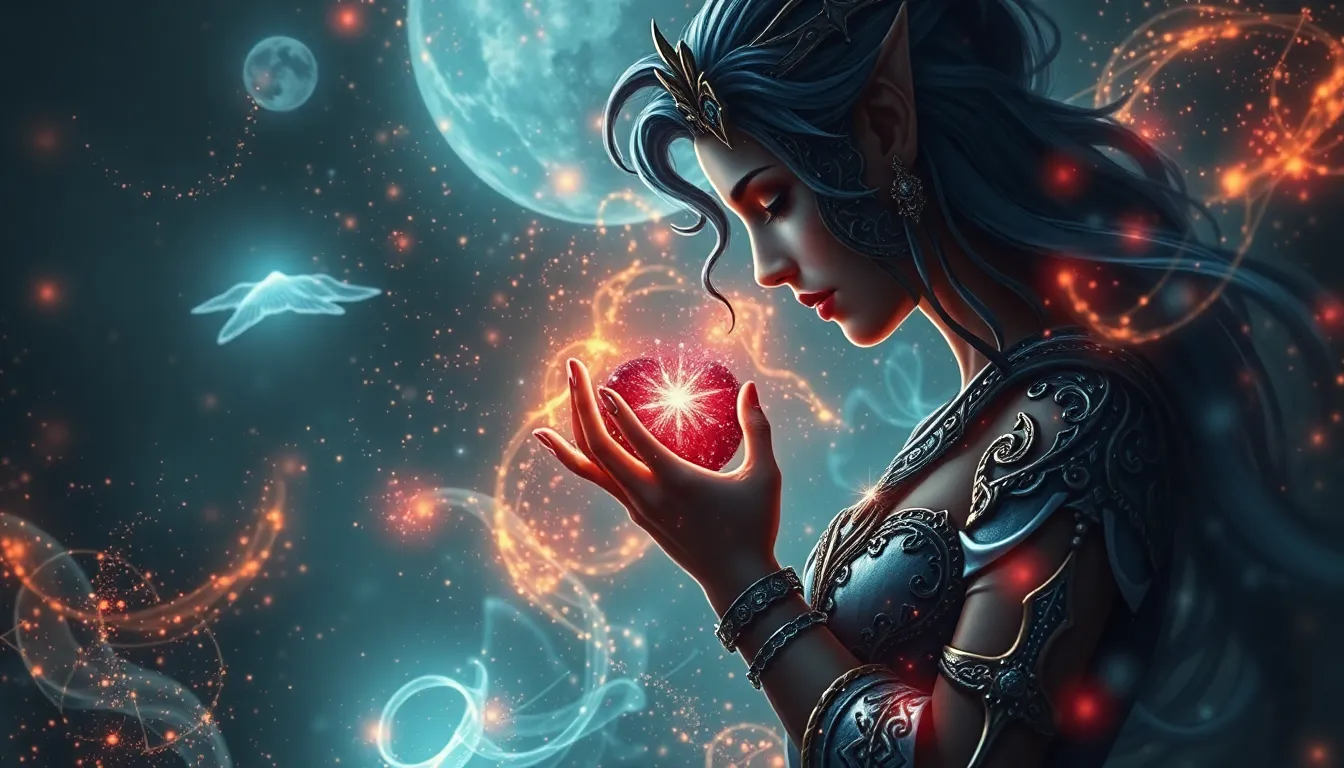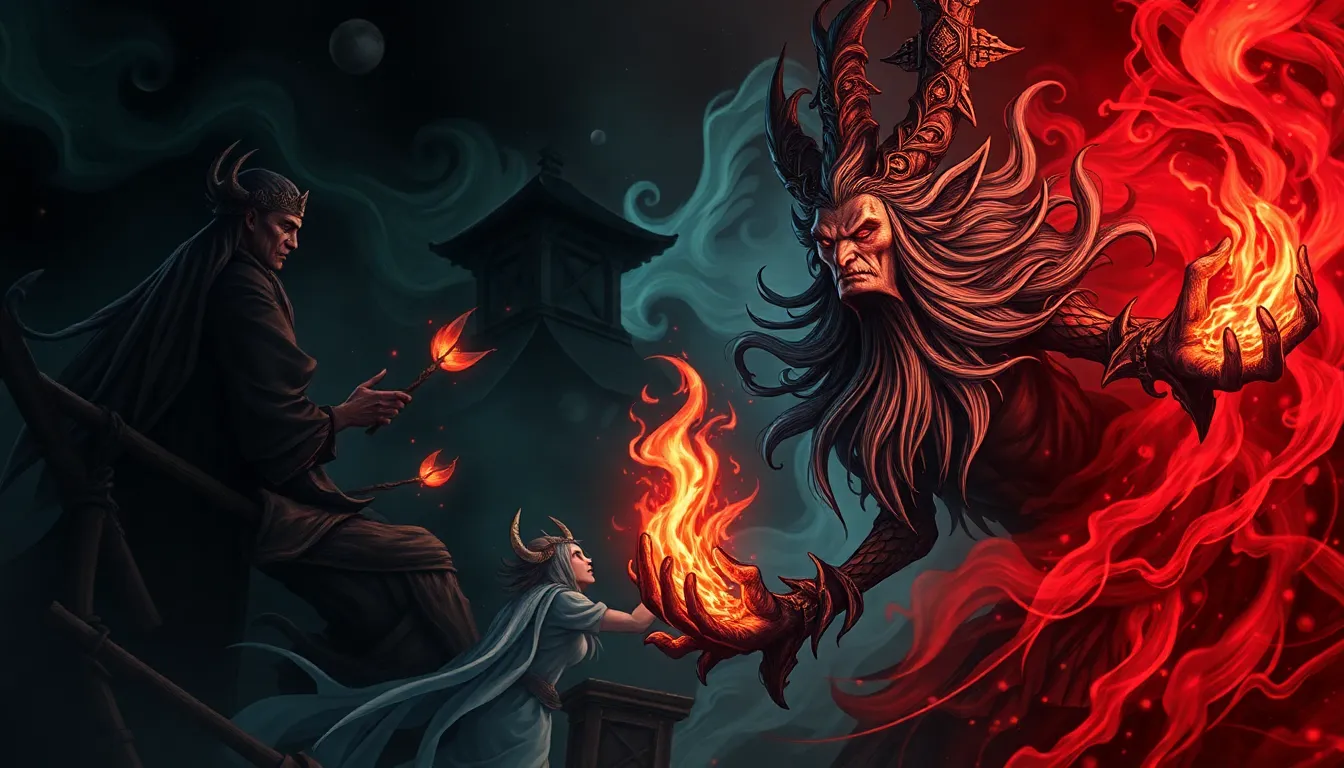The Representation of Dreams in Greek Mythology
In Greek mythology, dreams held profound significance and were often seen as messages from the divine realm. Let’s explore the fascinating representation of dreams in Greek mythology.
Dreams in Ancient Greece
Ancient Greeks believed that dreams were not just a random occurrence during sleep but were means through which the gods communicated with mortals. Dreams were considered a medium through which prophecies could be transmitted, guidance could be imparted, or warnings could be delivered.
To the Greeks, the realm of dreams represented a bridge between the mortal world and the divine realms, where individuals could receive insights and revelations about their lives and the future.
Gods and Dreams
In Greek mythology, certain gods were closely associated with dreams. One prominent figure was Morpheus, the god of dreams and creator of dreamscape illusions. Morpheus could assume any human form within a dream and deliver messages or prophecies to the dreamer.
Another significant deity was Hypnos, the god of sleep, who often worked in conjunction with his brother Thanatos, the god of death, to guide individuals through dreams towards their ultimate destinies.
The Interpretation of Dreams
Ancient Greeks believed that the interpretation of dreams required skilled individuals who could decipher the symbolic language of the gods. These interpreters, known as onirocritics, played a crucial role in understanding the messages conveyed through dreams.
Depending on the symbols, images, or scenarios experienced in a dream, onirocritics would provide insights into possible future events, personal decisions, or warnings that the dreamer needed to heed.
Conclusion
The representation of dreams in Greek mythology reveals the intricate connection between the mortal and divine worlds. Through dreams, the gods imparted wisdom, prophecies, and guidance to mortals, shaping the course of their lives and destinies.
FAQs about The Representation of Dreams in Greek Mythology
What role do dreams play in Greek mythology?
Dreams play a significant role in Greek mythology, often serving as a means for the gods to communicate with mortals or convey important messages. They are seen as a powerful form of divine intervention and guidance in the mythological world.
Which Greek gods are associated with dreams?
Morpheus, the god of dreams, is the most prominent deity associated with dreams in Greek mythology. Hypnos, the god of sleep, and his twin brother Thanatos, the god of death, also play essential roles in shaping dreams and their meanings in Greek myths.
Can dreams in Greek mythology predict the future?
In Greek mythology, dreams were believed to have the power to foretell the future. Mortals often sought the interpretation of dreams from priests or seers, like the Oracle of Delphi, to understand the messages conveyed by the gods through their dreams.
How do dreams influence the actions of characters in Greek myths?
Dreams often act as catalysts for significant events in Greek myths. They can influence the decisions and actions of characters, leading them on quests, warning them of impending dangers, or revealing hidden truths that shape the course of their lives.




